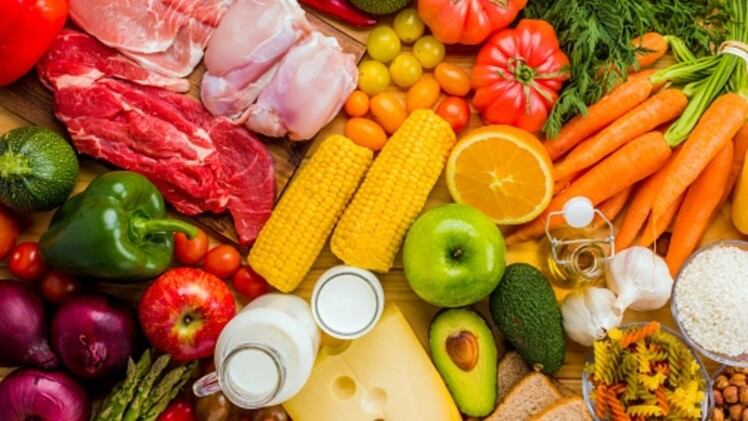Prior to the pandemic, the Japanese Ministry of Agriculture, Forestry and Fisheries (MAFF) had highlighted a lack of fruit and vegetable consumption in the local population, which was recorded in a national study back in 2019 as an average of 280.5g of vegetables and 100.2g of fruits daily.
For both categories, this was far lower than the targeted daily consumption set by the Healthy Japan 21 index which aimed for 350g vegetable consumption and 200g fruit daily on average, further spurring deeper government interest in increasing consumer interest in these categories.
However, the first consumer survey conducted by MAFF after COVID-19 which involved over 2,000 consumers and 18 food industry retailers and suppliers indicates that interest in fruits and vegetables is already on the rise, driven by the increase in health and wellness awareness which resulted from the pandemic.
A more detailed consumption survey which will detail the specific intake increases of fruit and vegetable consumption amongst the Japanese population as a result of this heightened interest is expected next year, but the ministry views the results of this latest survey as a positive start towards better dietary practices.
“All of the surveyed retailers reported that they had noticed a significant increase in consumer demand for vegetables and 87.5% reported the same for fruits,” the MAFF Agricultural Products Bureau stated via a formal report on the survey results.
“Many consumers are looking for more domestic products as well as organic products due to a rise in health consciousness, a clear impact of the pandemic.
“Most of the retailers also reported that they have had to make changes to the marketing and sales strategies used for fruits and vegetables as a result of consumers seeking out the most convenient formats possible of these products – the categories that have seen the most increase in popularity are ready-cut fruits and vegetables, frozen fruits and vegetables, and meal kits which serve to reduce the burden of cooking at home.”
These results were corroborated by responses from the consumers’ end, where 16% of respondents reported an increase in vegetable consumption and 14% an increase in fruit consumption.
“The major reasons for these increases were to improve health and strengthen immunity and increased opportunities to eat healthier meals fully at home [due to the ease of buying and storing these for longer],” the ministry added.
“The vegetables that were the most commonly increased in intake were broccoli, tomatoes, cabbage, mushrooms and beans; whereas fruits were mandarin oranges, apples, bananas and kiwifruit.”
Further analysis of these choices also came down to health and convenience reasons – such as mandarin oranges for vitamin C and broccoli for its longer shelf life – but also pricing and affordability, where bananas were highlighted as a popular choice in order to save money on grocery spend.
“50% of the retailers also responded that these changes in purchasing trends are likely to be here to stay even as the effects of the pandemic ebb, so the high demands for these products are likely to continue,” the report added.
“One other trend that is likely to see an increase in Japan is e-commerce and home delivery, which never used to be a big area in Japan before this but is seeing much higher demand these days.”
Frozen growth
This bodes well particularly for the frozen foods sector, for which the report highlighted that a lot of innovation had already taken place in the industry due to its rising popularity.
“The lifestyle changes that took place for consumers over three years and even post-pandemic has seen many changes in the industry as well, such as a significant increase in the number of methods for frozen food production,” the authors said.
“Frozen foods can be stored for a long period of time yet maintain quality, hence the proportion of these in Japanese consumer diets is expected to continue to increase in the future.”





